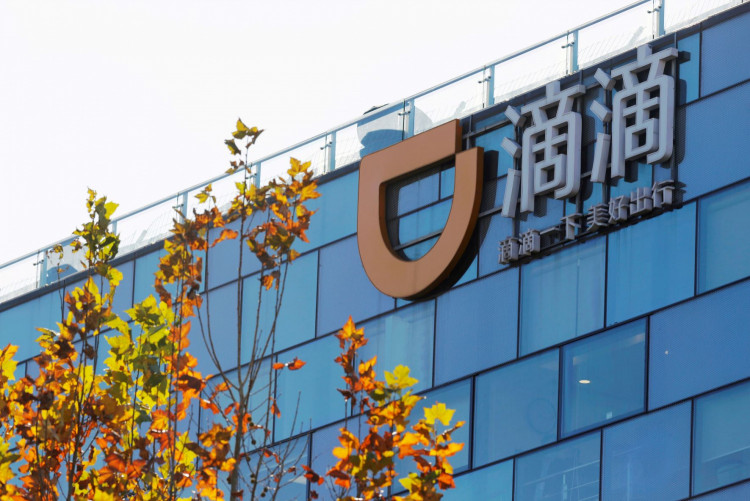Didi Global launched its initial public offering Wednesday at the top of its indicated range. Due to the demand for its stock, the company increased the number of shares available - raising more than $4.4 billion during its U.S. debut.
Instead of its previously planned 288 million shares, Didi sold 317 million American Depositary Shares. The shares were sold at $14 apiece. The transaction gave Didi a market valuation of around $73 billion on a fully diluted basis and $67.5 billion on a nondiluted basis.
A source familiar with the matter said the company's investor order book was oversubscribed multiple times, leading to the decision to increase the number of shares available. Investors were told to expect back scaling once allocations are completed due to the demand.
Last week, the listing was covered during the first day of book building. Investor books were closed Monday, one day ahead of schedule.
Didi was founded by former Alibaba employee Will Wei Cheng in 2012. Cheng serves as the company's chief executive officer. Former Goldman Sachs banker, Jean Qing Liu, is the company's current president.
Didi, backed by major investors such as SoftBank, Uber and Tencent, offers ride-hailing, ride-sharing, bike-sharing, private vehicle rental, carpool and food delivery services. The company reported its first profit of $30 million in the first quarter of this year.
The listing is one of the largest in the U.S. by a Chinese company behind Alibaba's record $25 billion initial public offering in 2014. Despite the successful turnout, Didi's initial public offering is more conservative than the initial goals for its U.S. debut.
The company initially aimed to hit a market valuation of up to $100 billion through the transaction. However, Didi decided to decrease the size of the transaction after several briefings with investors ahead of the initial public offering.
Analysts said the conservative goal may be a sign of increasing investor fears of headwinds coming from China's accelerated crackdown on major domestic technology companies. Chinese regulators have increased their scrutiny of major conglomerates - even halting planned IPOs of companies they suspect of engaging in unfair or monopolistic business practices.





